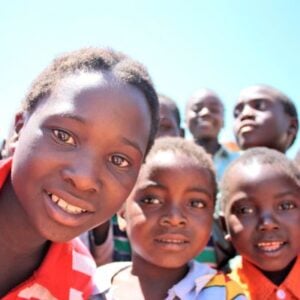Pakistan, in partnership with the World Health Organization (WHO), is preparing to launch its first-ever human papillomavirus (HPV) vaccination campaign from 15 to 27 September, marking a historic milestone in the fight against cervical cancer. The initiative will target 13 million girls aged 9 to 14 years in Punjab, Sindh, Islamabad Capital Territory, and Pakistan-administered Kashmir. As part of the preparations, WHO and the Government of Pakistan are training over 49,000 health workers, including vaccinators, doctors, social mobilizers, and data entry operators, to ensure the smooth and effective delivery of the vaccine.
Cervical cancer is the third most common cancer among women in Pakistan, with over 5,000 new cases reported annually and a high mortality rate of 64%. Most deaths are linked to late diagnosis and limited screening services. With an at-risk female population of 73.8 million, the burden of the disease is significant. WHO’s recent study across 18 healthcare facilities revealed 1,580 cases between 2021 and 2023, indicating likely underreporting due to low screening rates and the absence of a national registry. Without vaccination, modelling predicts a threefold increase in the disease burden over the next 70 years.
Supported by funding from GAVI, The Vaccine Alliance, the campaign is backed by extensive technical guidance from WHO, covering microplanning, readiness assessments, and data analysis. The effort aligns with the World Health Assembly’s Global Strategy to eliminate cervical cancer, aiming for 90% of girls to be fully vaccinated by age 15, 70% of women screened, and 90% of women with pre-cancer or cancer treated by 2030.
Officials have hailed the campaign as a transformative step for public health in Pakistan. Dr Soofia Yunus, Director General of the Federal Directorate of Immunization, emphasized that the initiative is an investment in the health and future of young girls. WHO Representative Dr Dapeng Luo highlighted the collaborative effort to provide every girl access to life-saving vaccines. The phased rollout will extend to Khyber Pakhtunkhwa in 2026, followed by Balochistan and Gilgit-Baltistan in 2027, further strengthening the country’s routine immunization program.






